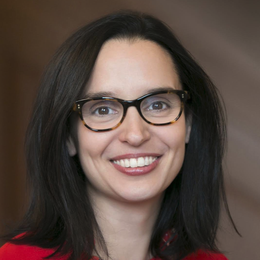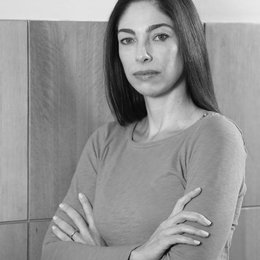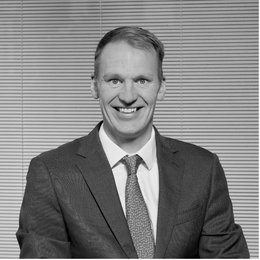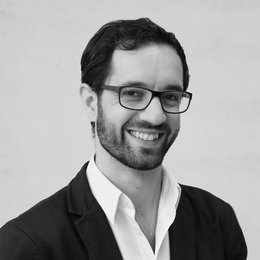Keynote address by Professor Julie Battilana & panel discussion
Politics of Social Change: Harnessing power for positive impact
We face today a multidimensional crisis: the intersection of a global public health pandemic, increasing gaps in income and wealth, continued racial and gender inequalities, and the decline of democracy, all happening in front of the backdrop of worsening global warming. This multidimensional crisis is fundamentally a crisis of “power concentration.” To help tackle this crisis, changemakers need to develop a deep understanding of the innerworkings of power, which is an essential ingredient for effecting social change.
In this talk, Julie Battilana will discuss the fundamentals of power, debunk the common myths surrounding it, and discuss how to harness power for positive impact. By explaining what power is and what it is not, this discussion will help the audience understand what it takes to successfully navigate the politics of social change. We will discuss how to identify one’s own sources of power, and see power not as dirty business, but instead energy that can be used for good. This talk will dive into what changemakers must know about power and how to use that knowledge to change our social and economic systems to make them more fair, more green, and more just.
Panel discussion
Following Prof Battilana’s keynote, a discussion panel will explore how understanding power dynamics might inform a topic of interest to all our audience: cross-sector partnerships to improve social outcomes. Improving social outcomes for populations requires addressing a multitude of problems: conflict and its aftermath, poverty, sanitation, housing, health, education and social exclusion. When it comes to fixing these ills, many people and organisations can claim a role. Governments, businesses, NGOs and individuals themselves all have important parts to play. On the surface, they may be united in their pursuit of better social outcomes, and easily distinguished from those pursuing narrower ends. Yet those working towards social change rarely have identical goals. They may have different views about what needs to change, how change should happen, and who should be involved.
This panel will try to make sense of how those studying or working within cross-sector partnerships might understand the power that ebbs and flows within them, and how that understanding might be used to drive improved social outcomes for populations. We will ask:
- How can changemakers make change happen with, and through, government bureaucracies, where power structures are often rigid?
- Should governments and their agents be persuaded to give up some of their power to those closer to social issues, who might be better able to drive more meaningful change?
- Can private power be harnessed towards positive social change, or must it instead be constrained in pursuit of broader public goals?
- Can the populations most affected by complex social problems take power, or must they be given it – and what do they do with it when they have it?
Watch the recording of the session here.

Professor Julie Battilana
Harvard University

Pepper Culpepper
Blavatnik School of Government

Vera Monteiro
São Paulo Law School

Mehreen Shahid
Safe Delivery Safe Mother

David Knott
TNL Community Fund

Nigel Ball
Social Purpose Lab
Chair
Enter access code
Submit the event access code to reveal the session/meeting credentials.